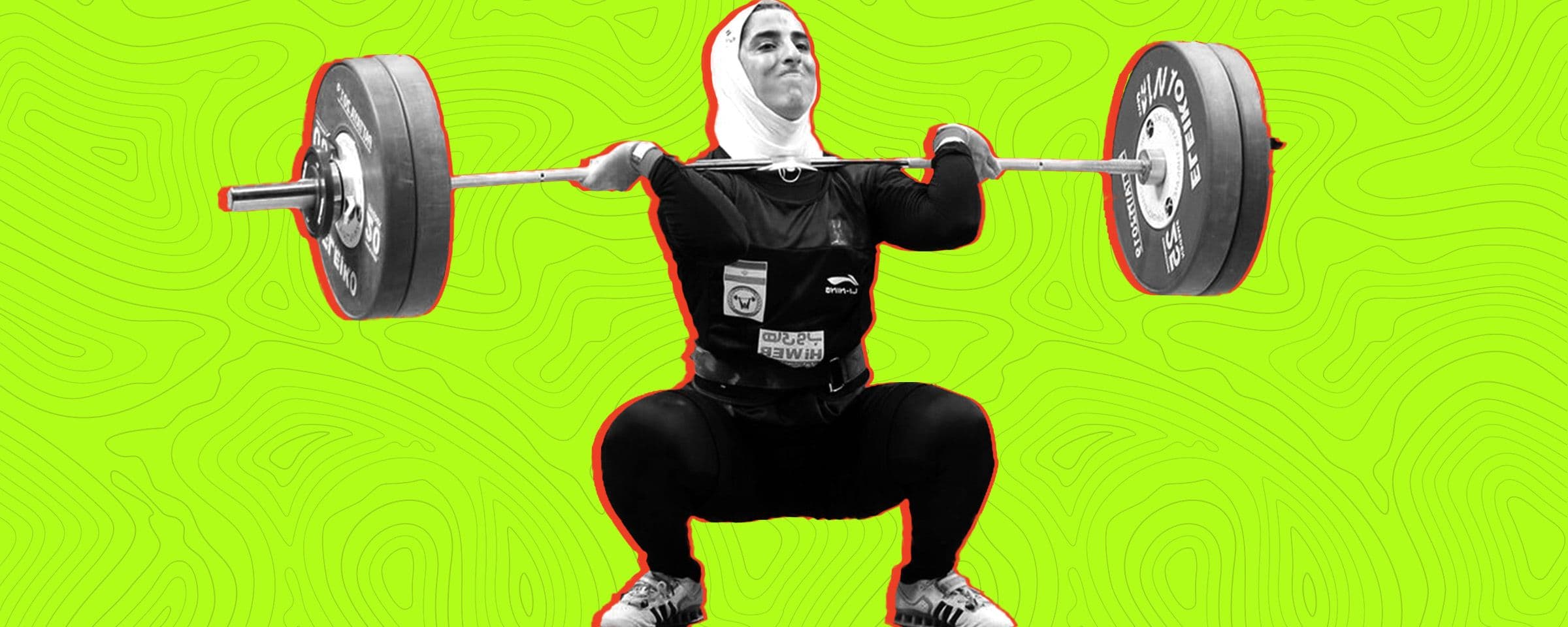The Legend Behind Protein Powders – Fact vs. Fiction

Introduction
Every 10th reel you see on your explore page is about the best new protein powder on the market packed with the most protein, BCAAs, and least carb count. We’re sure you’ve also seen how most Indians are skinny and fat because we eat too many rotis and too much rice.
From the Jeff Nippard followers to the Pilates moms, everyone seems to be talking about the benefits of protein and exploring new and creative ways to add it to their meals. And out of the talk, protein powder has become a household staple for many. The big box sticking out like a sore thumb next to all the pickle bottles.
But what is driving this trend, and why should you care? Find out all about it here!
What Makes Protein So Important?
Protein is a very important macronutrient in our diet. The other two are fats and carbohydrates. It plays a massive role in fixing our body from physical work, such as lifting weights, going for a run, or even running around with your little kids. It builds muscle, repairs tissue, and helps you stay energised throughout the day.
While whole food proteins like eggs, chicken, fish, paneer and legumes are excellent sources, the convenience and versatility of protein powder have made it incredibly popular among those who can afford it.
Why is Protein Powder Trending?
It’s quick, it’s easy, it’s yummy, it’s efficient, it has less carbs. What more do you need? It’s versatile, too! You can add it to your shake or smoothie, bake it into snacks, mix it into oats, or even add it to pasta! (if it is unflavoured)
Here are the benefits of protein powder:
-
Muscle Growth and Repair: Ideal for athletes and gym enthusiasts, protein powder supports muscle recovery after intense workouts.
-
Weight Management: Protein is known to keep you feeling full for longer, making protein powder a helpful tool for both weight loss and weight gain goals.
-
Convenience: Perfect for those who struggle to meet their protein needs through whole foods alone.
Protein for Weight Loss
We love maxing out on carbs. Whether taking another piece of roti or butter naan or scooping up another serving of rice, this can make us cross our calorie limit and feel full and sluggish the entire day. No wonder the best naps are after destroying two servings of biryani for lunch.
However, swapping out those carbs for some extra pieces of chicken or paneer reduces your protein count. It increases your protein intake, preparing you for the Chhota Bheem live-action movie.
Protein powder can be a game-changer for those looking to shed some pounds. It helps control hunger by making you whole, making it easier to maintain a calorie deficit. Adding protein powder to a milkshake or using it as a meal supplement ensures that you get essential nutrients while keeping your calorie intake in check.
Post-Workout Protein
Having a scoop of protein powder post-workout aids in muscle repair and reduces recovery time. If you’re on your weight loss journey, it helps you ensure you’re not losing muscle and fat.
Protein Powder for Weight Gain
On the flip side, protein powder is also suitable for weight gain! Combined with calorie-dense foods like peanut butter, bananas, and oats, it creates a high-calorie shake perfect for building muscle and adding healthy weight. The grass is truly green on both sides!

Whey vs. Plant Protein: Which is Better?
Now, there are many options when shopping for protein powder. There’s isolate, concentrate, hydrolysate, and even vegan protein now!
Here’s a breakdown of whey protein and plant protein:
Whey Protein:
Derived from dairy, whey is a complete protein containing all nine essential amino acids. It’s known for its fast absorption, making it a great post-workout option. However, it’s not suitable for those with lactose intolerance.
Plant Protein:
Sourced from ingredients like peas, rice, and hemp, plant protein is an excellent choice for vegans or those with dairy sensitivities. While it may lack one or two amino acids, combining different plant proteins ensures a complete profile.
Now, choosing between the two is all up to your personal preferences. Whey protein is generally the cheaper option, but if you’re vegan or lactose doesn’t sit well in your stomach, plant protein is the perfect option for you. they’re both effective!
Protein for Beginners
If you’re new to focusing on protein intake, that’s okay! Just start slow and understand how it works. Start by adding protein-rich foods to your meals. You don’t have to succumb to social media pressure and start with protein powder immediately.
There are a lot of protein sources in food you can try out first. If you’re a meat eater, try out:
-
Chicken
-
Fish
-
Beef
-
Eggs
-
Turkey
And if you’re a vegetarian, you can try out:
-
Paneer
-
Soya
-
Tofu
-
Tempeh
-
Chickpeas
If you’re going for protein powder, buying them can be overwhelming. Then there’s the headache of getting the most out of them, so here are some essential tips to get you started:
-
Begin with one serving per day to see how your body reacts.
-
Blend protein powder with whole foods like fruits, nuts, or spinach to enhance its nutritional value.
-
Try out gluten-free protein powder if you have sensitivities.
Protein Powder Side Effects
While protein powder is generally safe, overconsumption or poor-quality products can lead to issues such as:
-
Digestive discomfort (e.g., bloating, gas).
-
Kidney strain in people IF they have pre-existing kidney conditions.
-
Allergic reactions, especially with whey-based products.
Always choose reputable brands and consult a healthcare provider if you have concerns.

Protein for Women vs. Men
The protein needs of men and women can differ based on factors like activity levels and body composition. However, the general rule of thumb is one gram per kilo of your weight. And depending on how much you workout and your fitness goals, it might be a bit different. Both genders benefit equally from a protein-rich diet, so don’t let anyone tell you otherwise.
Protein and Exercise
Pairing protein intake with exercise is a match made in gym bro heaven. Consuming protein from whole foods or protein powder optimises your muscles for repair and growth. It also helps replenish energy, making it a can’t-miss-out post-workout nutrient.
Conclusion
Whether you’re a certified gym bro, trying to lose weight, or a weekly five-a-side guy, protein can do wonders for your body. While protein powder offers convenience, whole foods provide additional nutrients for a balanced diet. Start off slow, add more protein to your meals and by the time Halloween rolls around, you can dress up as Popeyes.
\






